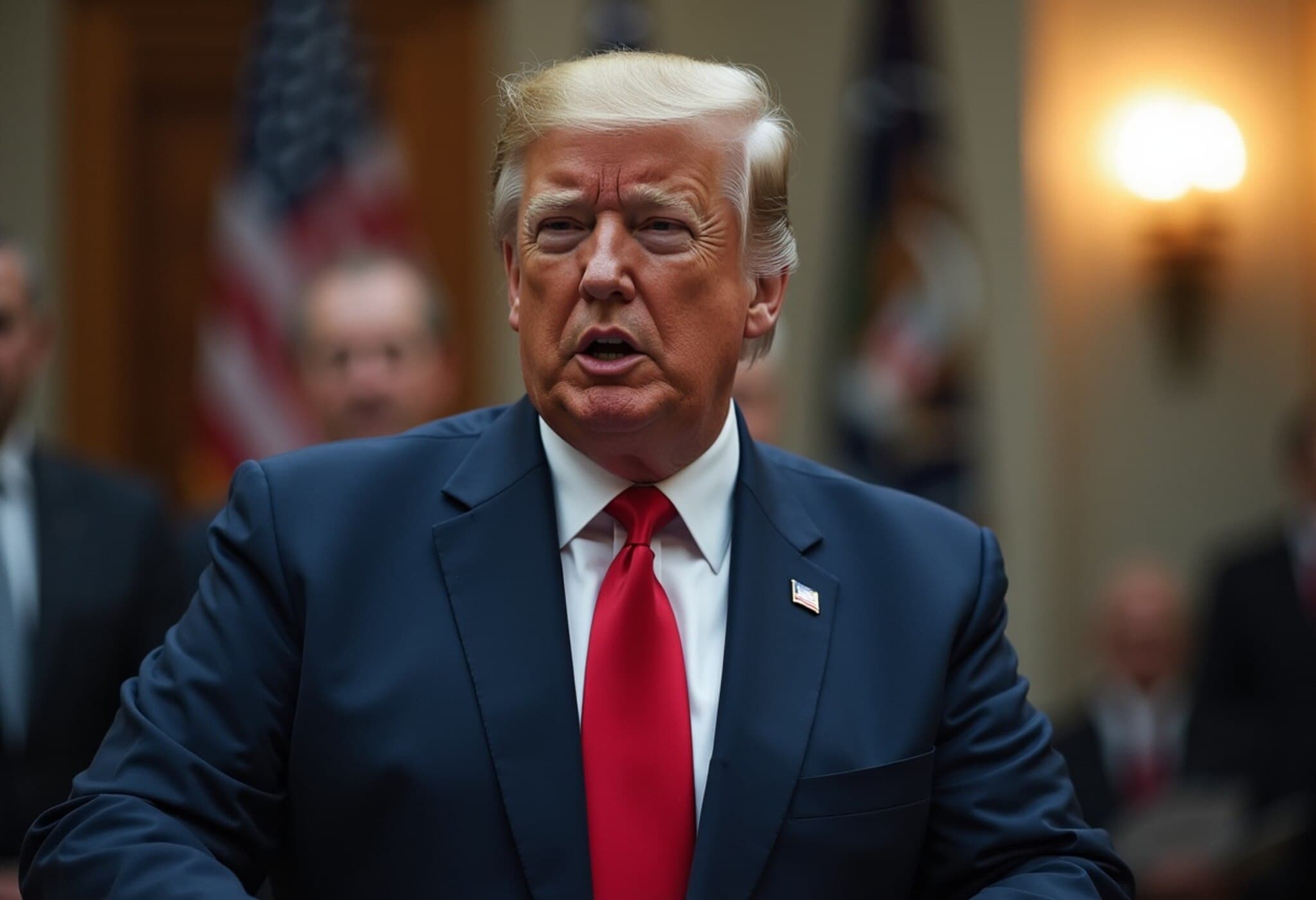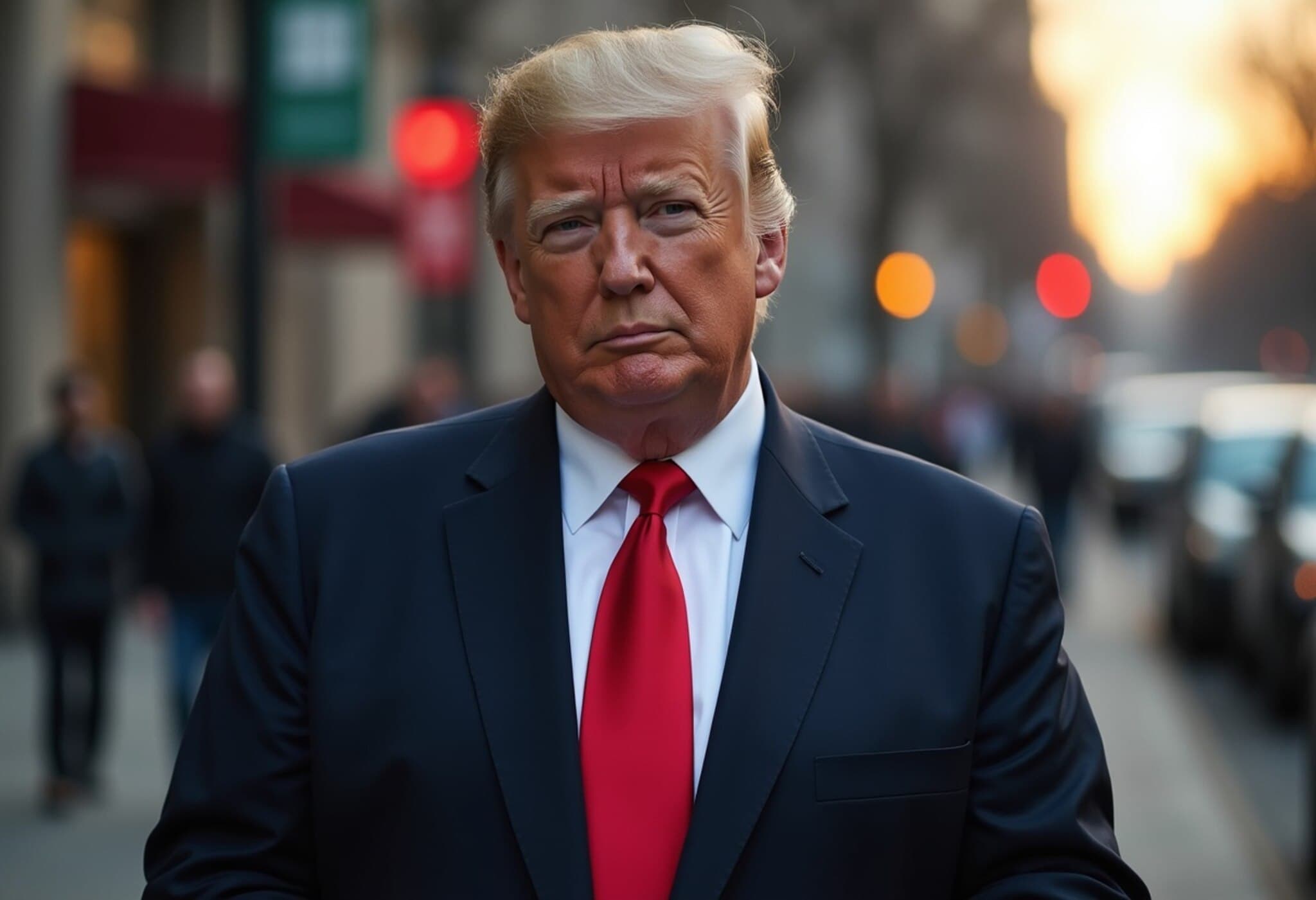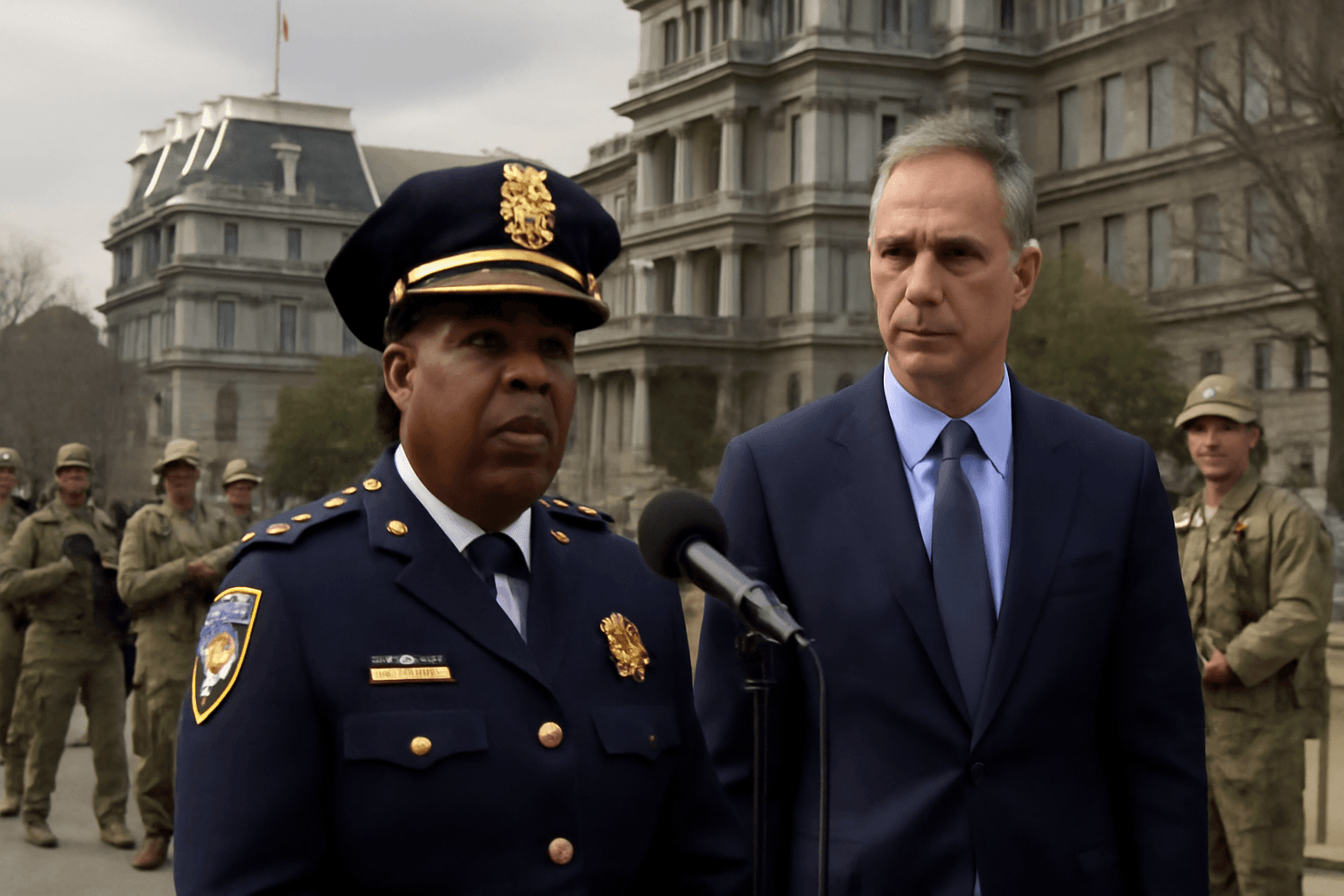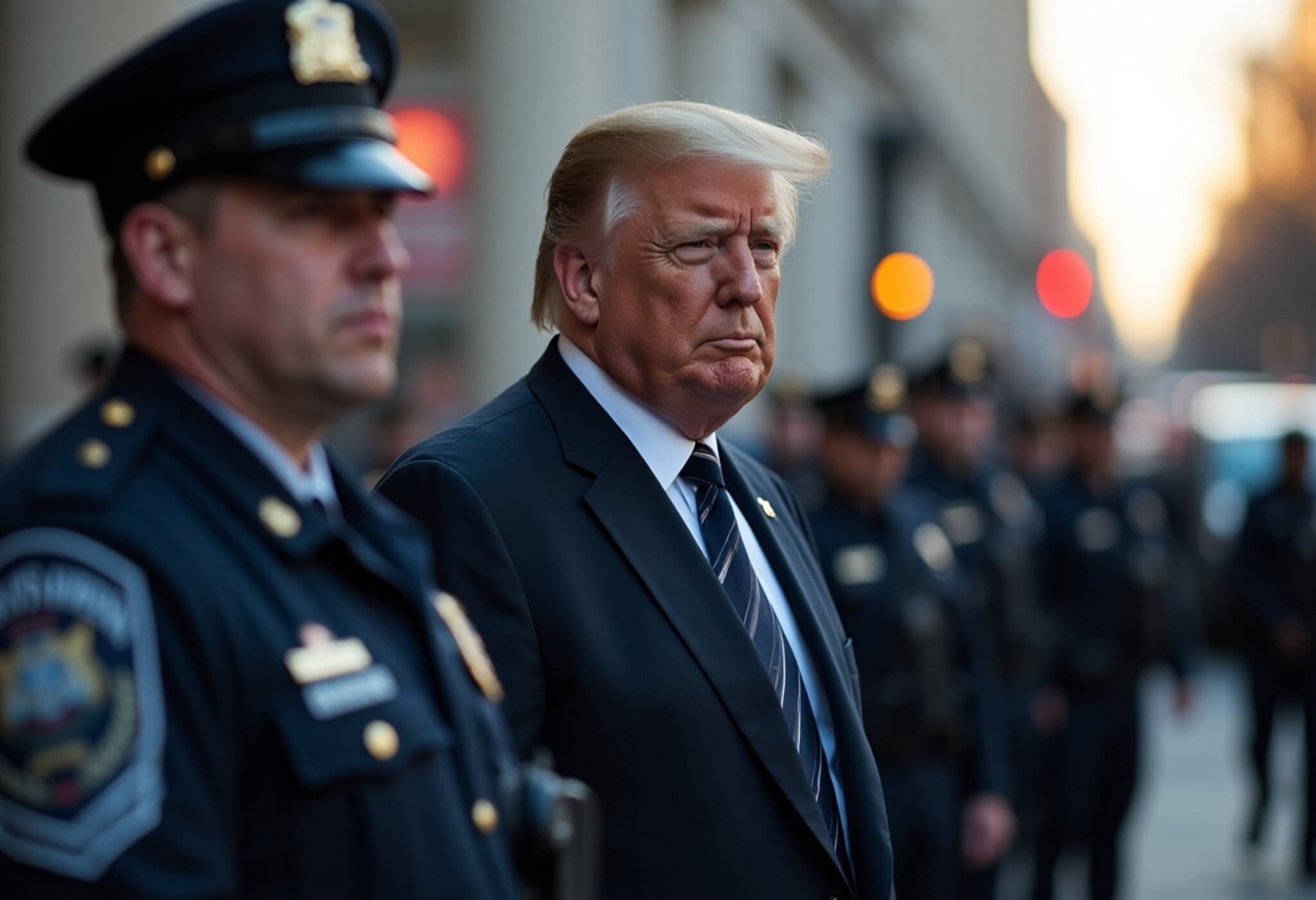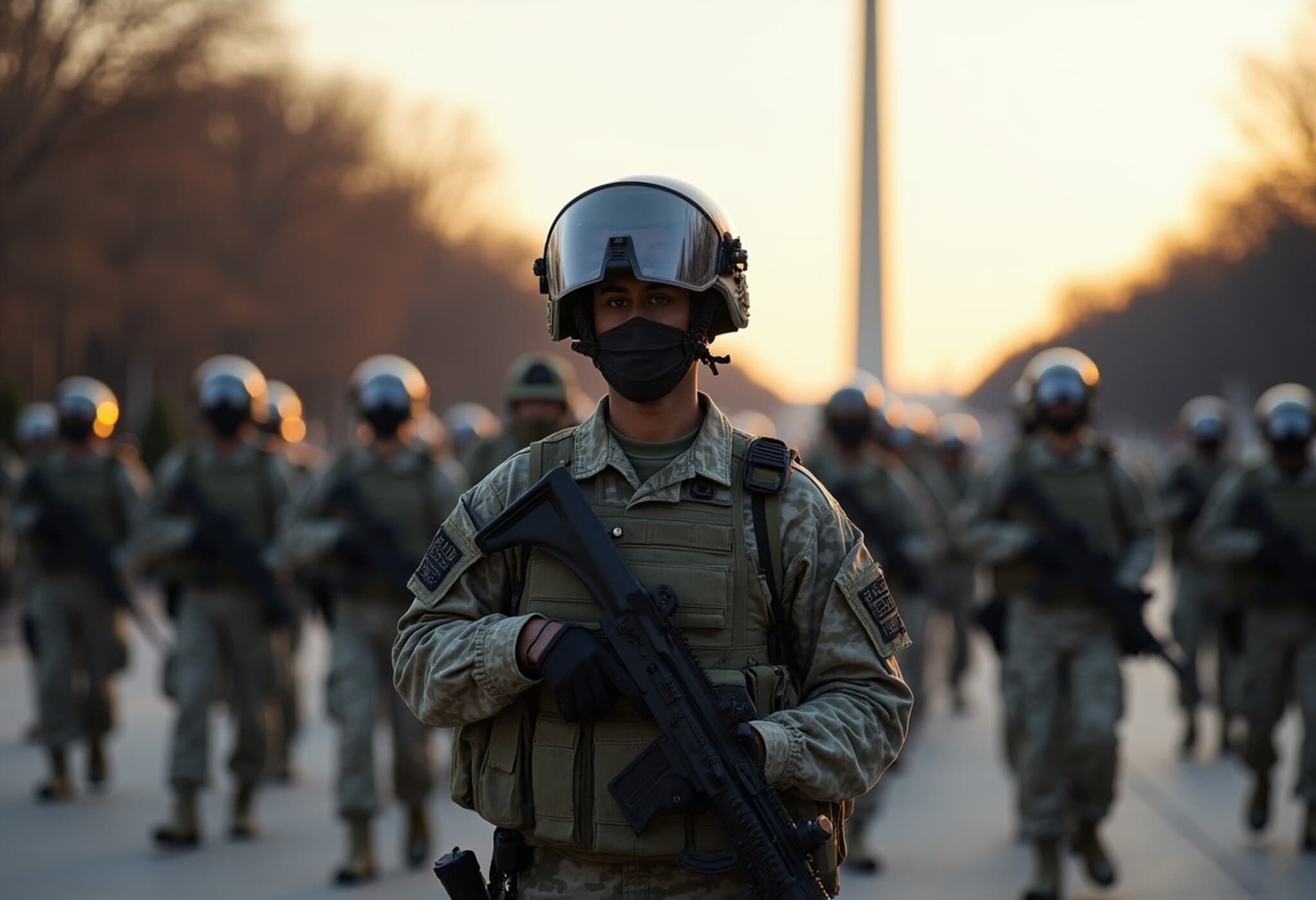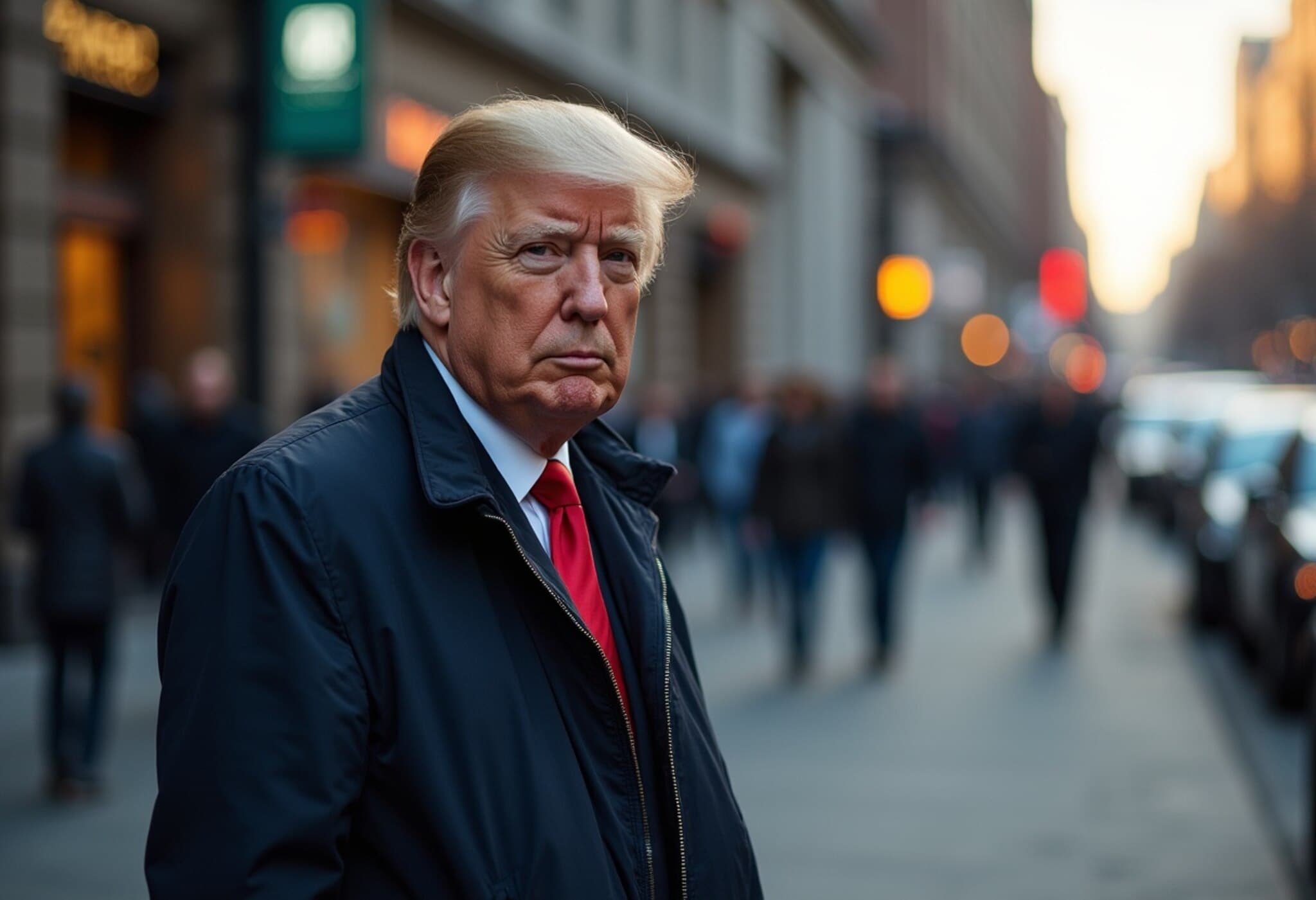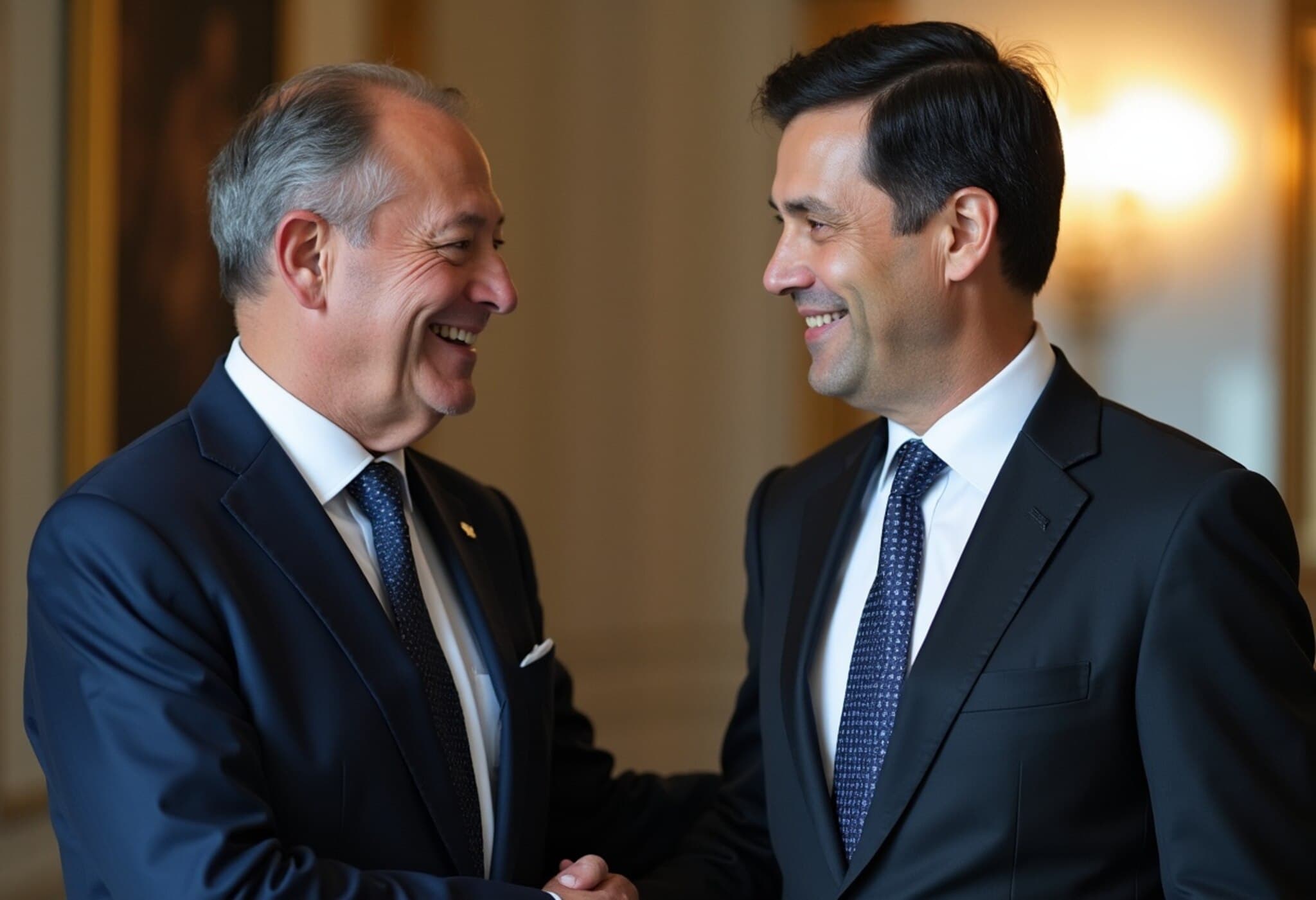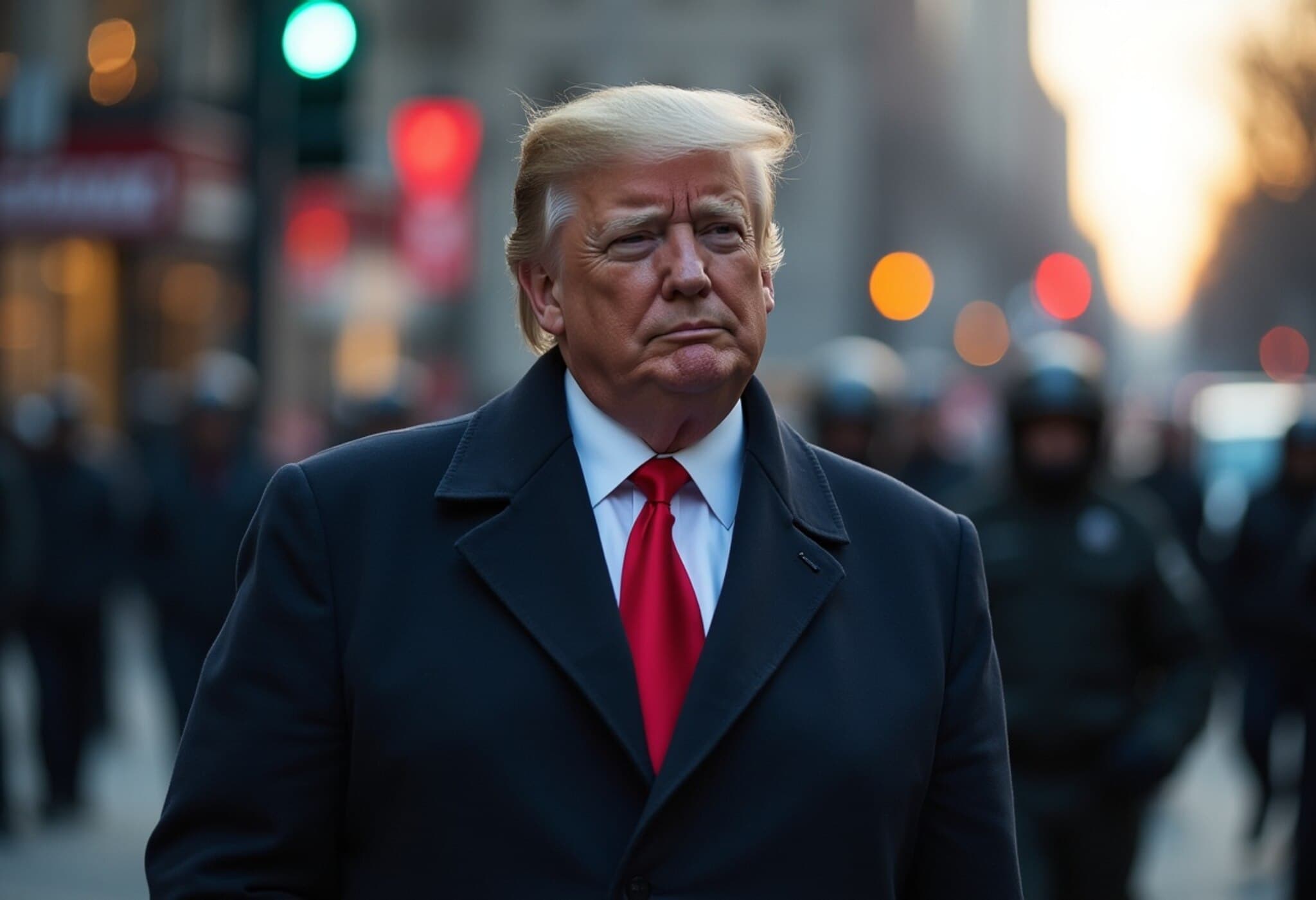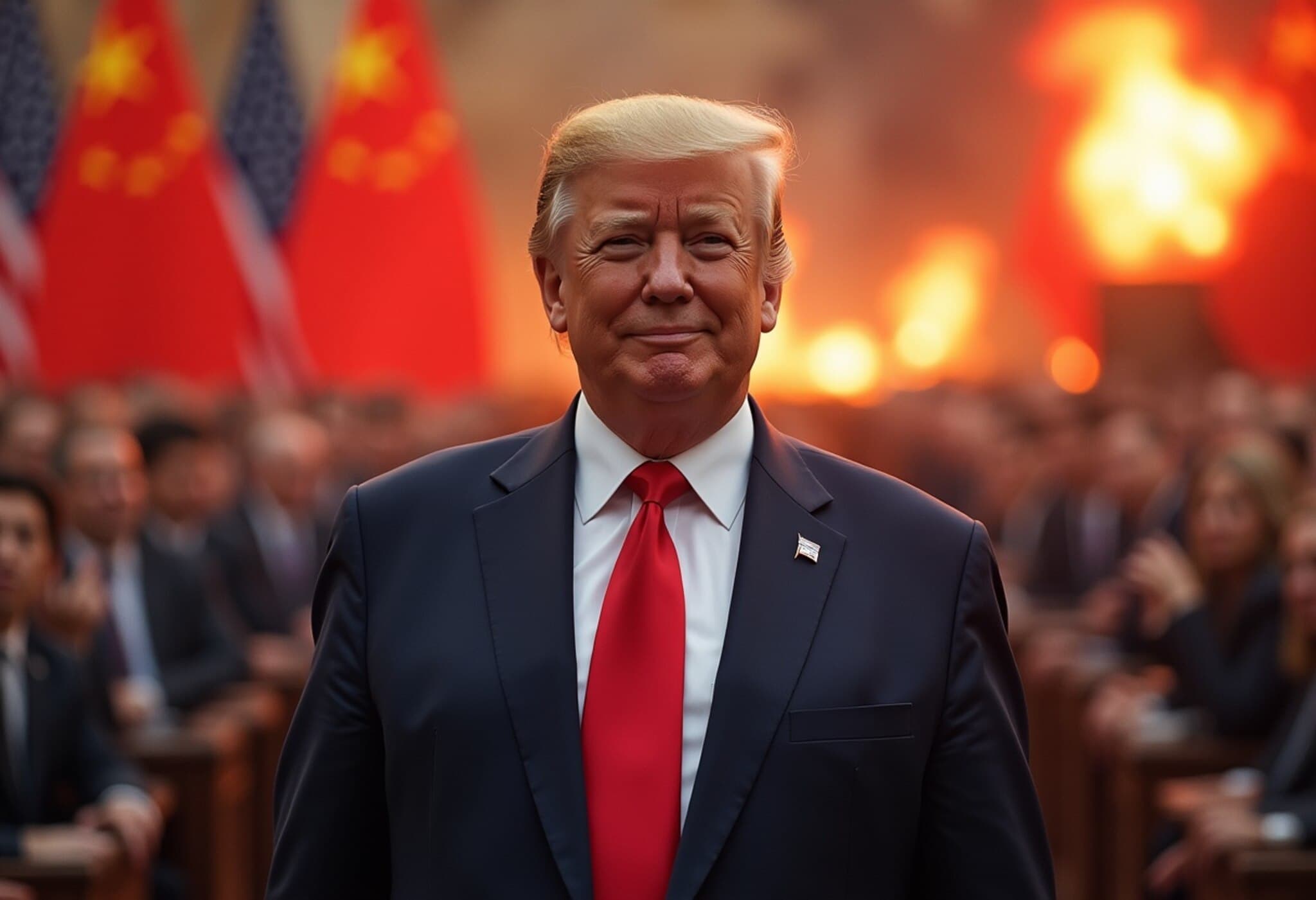Trump’s Bold Federal Push to Reinstate Death Penalty in Washington, D.C.
In a move that has reignited fierce debate over federal versus local jurisdiction and the future of capital punishment, former President Donald Trump announced on August 27, 2025, plans to make the death penalty mandatory for all murder offenses in Washington, D.C. This policy proposal dramatically intensifies federal intervention in the capital’s criminal justice system, where executions have long been prohibited.
Federal Authority vs. Local Abolition: A Legal Tug of War
Washington, D.C., has stood against capital punishment for decades. The city formally abolished the death penalty in 1981, and a 1992 referendum saw residents decisively reject its reinstatement. The last execution in the district happened back in 1957. Despite this, Washington’s unique status as a federal district means federal law can supersede local ordinances.
Trump’s plan leverages this federal supremacy by compelling prosecutors in the U.S. Attorney’s Office to seek the death penalty in all murder cases—effectively circumventing the local ban. This push underscores the tension between local governance and federal power, raising profound questions about democracy, local self-determination, and justice administration in the nation’s capital.
What Trump Said and What It Means: A Deterrent or a Controversial Gamble?
During a White House cabinet meeting, Trump underscored his belief in the death penalty’s deterrent effect, stating, “If somebody kills somebody in the capital, Washington, D.C., we’re going to be seeking the death penalty, and that’s a very strong preventative. I don’t know if we’re ready for it in this country, but we have it. We have no choice.”
While the rhetoric is clear and forceful, details regarding policy implementation and safeguards were notably absent. Critics argue that mandatory capital punishment strips prosecutors and judges of critical discretion, ignoring nuances in individual cases, and potentially exacerbating systemic biases in the criminal justice system.
Federal Prosecutions and Capital Punishment: An Emerging Trend
Federal prosecutors in Washington already have pathways to charge certain crimes under federal statutes—circumventing local laws that prohibit death sentences. This federal approach has been increasingly used since Attorney General Pam Bondi lifted a Biden-era moratorium on federal executions earlier this year.
A case in point is the prosecution of Luigi Mangione, charged with murdering a United Health executive, where federal prosecutors have sought the death penalty. If Trump’s proposal takes hold, such cases are expected to increase markedly, with all murder cases potentially leading to capital charges.
The Complex Reality of Capital Punishment Trials
Applying the death penalty universally would not just be a symbolic escalation. Capital cases entail laborious pre-trial preparations, protracted and expensive litigation, numerous appeals, and intense scrutiny on procedural fairness. A surge in mandatory death penalty charges could strain judicial resources and prolong trials, impacting victims’ families, defendants, and the broader community.
Expert Insights: A Turning Point in Crime Policy?
- Legal Experts: Such federalism clashes in D.C. raise constitutional questions, particularly about the balance of local autonomy versus federal power.
- Criminal Justice Reform Advocates: Mandatory death sentences eliminate judicial discretion, increasing the risk of miscarriages of justice and racial disparities, especially in a city with a diverse demographic makeup.
- Policy Analysts: There is skepticism about the deterrence value of the death penalty; threats alone rarely translate to crime prevention without comprehensive social reforms.
Looking Ahead: What This Means for Washington, D.C., and Beyond
This development thrusts Washington, D.C., into the national spotlight once again—this time as a battleground over the future of capital punishment and federal control. It compels policymakers, citizens, and legal scholars to grapple with questions of justice, equity, and governance.
Will this federal push resolve into a broader national debate on the death penalty, or will local resistance slow or stall progress? How will this impact the lives of those accused and victims’ families seeking closure? These questions remain open as the proposal advances.
Editor’s Note:
While capital punishment remains a polarizing issue nationwide, Trump’s move to mandate the death penalty across all murder cases in Washington, D.C. spotlights the complex intersection of federal authority, local rights, and criminal justice reform. Readers should watch closely how this policy evolves amid ongoing debates surrounding fairness, deterrence, and the rights of defendants. This is as much about the future of crime policy as it is about who holds power in governance.

